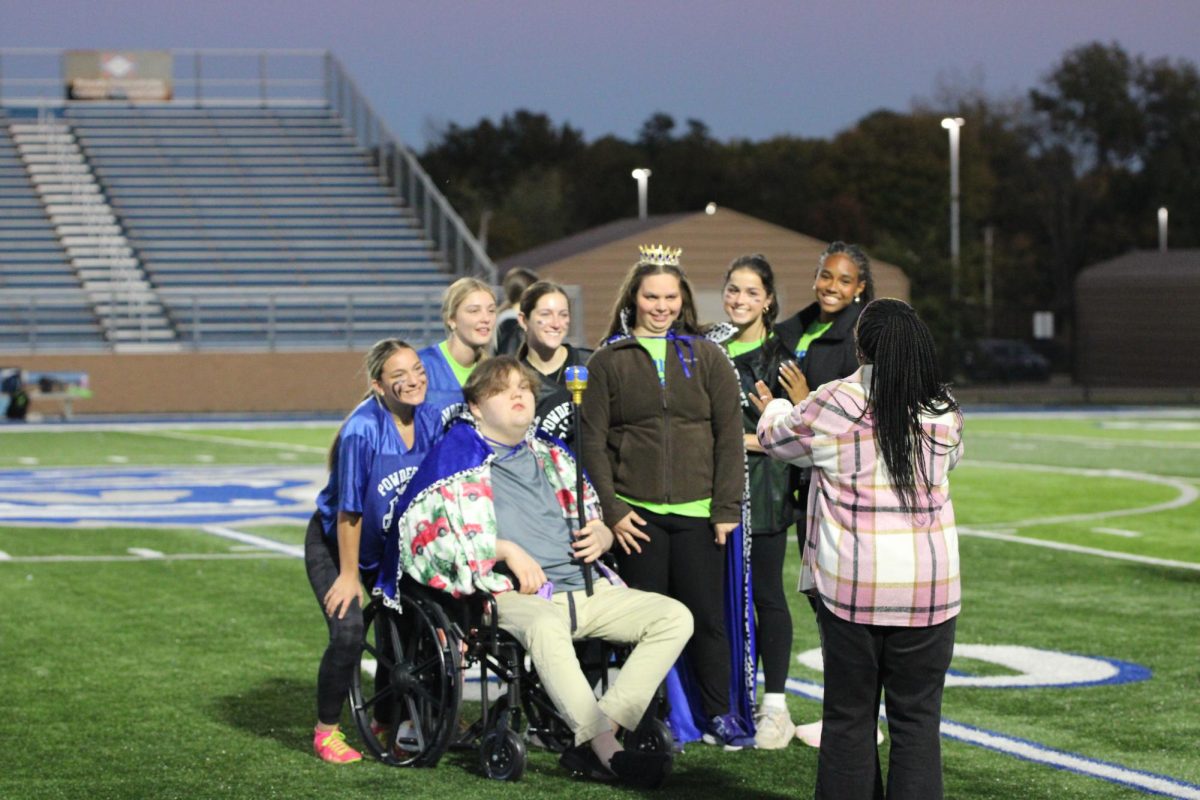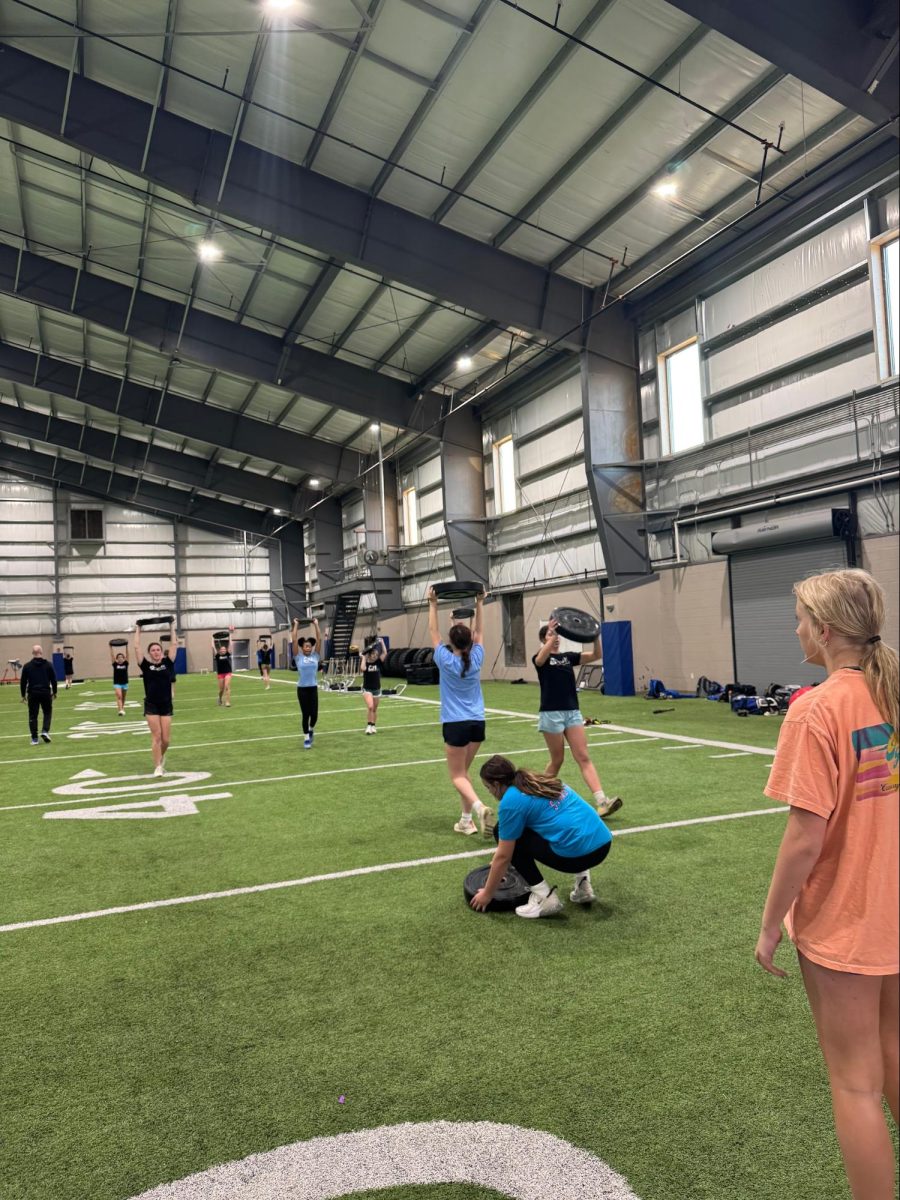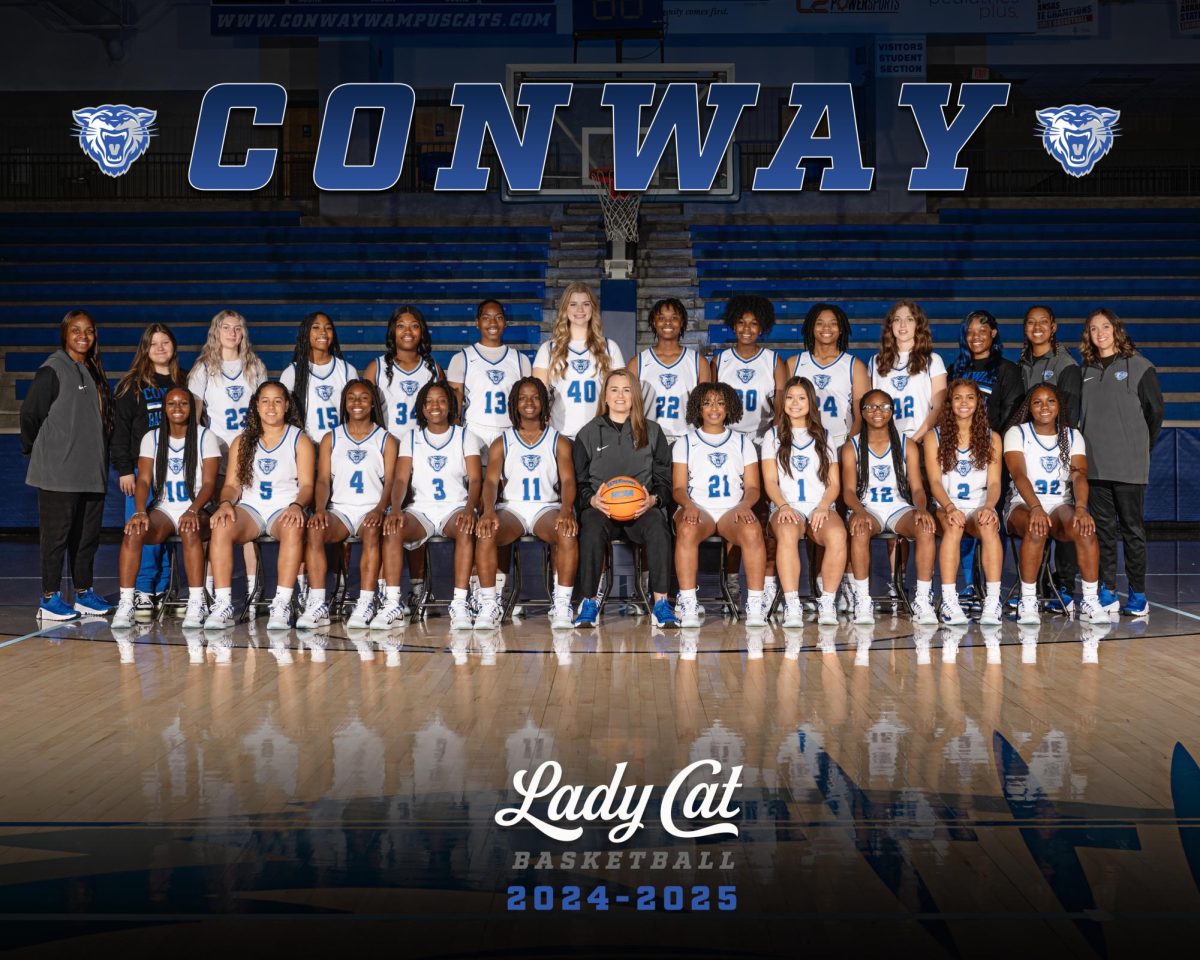Are You Dreaming?
January 31, 2022
Everyone experiences dreams when they go to sleep at night. Whether it be the best dream of your life or a horrible nightmare, they will only remain dreams in your mind. Right? Well, some dreams may be more real than you think and possibly become a part of your reality. Precognitive dreams are dreams that seemingly include knowledge about the future which cannot be inferred from actually available information. Approximately half of the global population experiences some precognitive or prophetic dream. These dreams can be linked to subconscious connections through events that we share. At the same time, we are awake. There are also many famous examples of precognitive dreams that have predicted the unforeseen future.
Many people who experience prophetic dreams link current real-world events to possible future scenarios. According to clinical psychologist Dr. John Mayer, “The thoughts and images of our dreams are made up of data that has been gathered by our waking perception and stored in our memory…When dreams appear to predict the future, it is because the dreams are analyzing these facts and making educated guesses about upcoming life events.” That being said, we subconsciously recognize small details in our daily lives that carry through into our dreams and make connections with common possibilities. Although our ideals can make remote connections to the future, they might not turn out exactly the way we imagined. While we sleep, our brains might be able to make connections we’d fail to make while we’re awake. According to neuroscientist Sidarta Ribeiro, “It’s not a deterministic oracle that can predict what’s going to happen, but rather it’s a very sophisticated, probabilistic, neurobiological machine that’s based on what happened in the past- and simulates possible futures.” Precognitive or prophetic dreams are not imaginary, but they often go unnoticed by most people. These types of dreams are to be noticed by carefully observing your surroundings. At the same time, you’re awake and recognizing small details in your dreams. Some of those small details could appear in your future, even if they are seemingly irrelevant.
There have been many famous occurrences of precognitive dreams as well. For example, an article on Healthline medically reviewed by psychologist Timothy J. Legg states, “Nearly 150 children and adults were killed in 1966 when waste from a coal mine buried a school in South Wales. When psychiatrist John Barker visited the town and spoke to many residents, he realized many of them had experienced some premonition about the disaster.” The Aberfan Landslide was a catastrophic, sudden event. Yet, many had the intuitive feeling like something horrific was going to occur. Many citizens living in the Aberfan area had the same recurring dream or feeling. That being said, we sense the future through our dreams and intuitive feelings. Another example, according to the previous article, states, “About two weeks before his assassination, President Abraham Lincoln described a recent dream to his wife and a few of his friends. He dreamed of walking through the White House until he came upon his corpse, guarded and lying in state in the East Room- exactly where his casket rested after his death.” Although Lincoln had a dream of where he was going to die, he was still unaware of how or when he was going to die. While most people believe that this is outrageous, Lincoln might have picked up a subconscious detail such as someone else in his life passing away or a possible competitor or enemy that is prominent in his life.
Although there is still ongoing research into the concept of precognitive dreams, and there isn’t much information on the subject, it’s still interesting to dive into the world of precognitive dreams and how the human brain functions. After all, we don’t know much about how our brains process information. Neurobiologist, Lu Chen, states, “We know very little about the brain. We know about connections, but we don’t know how information is processed. Learning, for example, doesn’t just require good memory, but also depends on speed, creativity, attention, focus, and, most importantly, flexibility.” In addition, the brain is a complex organ that controls many aspects of our behavior, so, understandably, neuroscientists haven’t discovered what causes the connections between our dreams and the future.
In the final analysis, precognitive dreams are a possible way to detect what might occur in your near future. Focusing on the smallest details in your daily life will open up your mind to a new sense of self-awareness and awareness of your surroundings. Hopefully, more research on this topic will be conducted to understand the meanings of our dreams and achieve a deeper meaning to life.


























Blake Jones • Mar 1, 2022 at 9:21 am
To begin, I’m really proud of the effort they put into this. I can tell that they really interested. I also really helps open people’s eyes about this sort of stuff. Like dream connecting to certain events and unconsciously making a much more accurate predication of the future and how many people can have the same. It’s really fascinating.
Megan Lovett • Feb 25, 2022 at 11:20 am
I’ve wondered about this for so long. Thank you I really enjoyed reading about this.